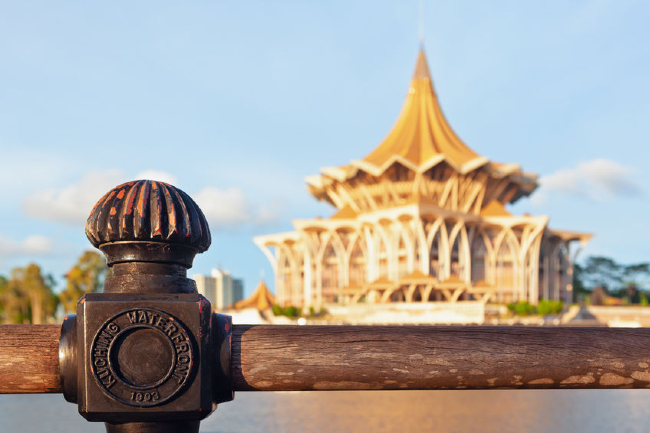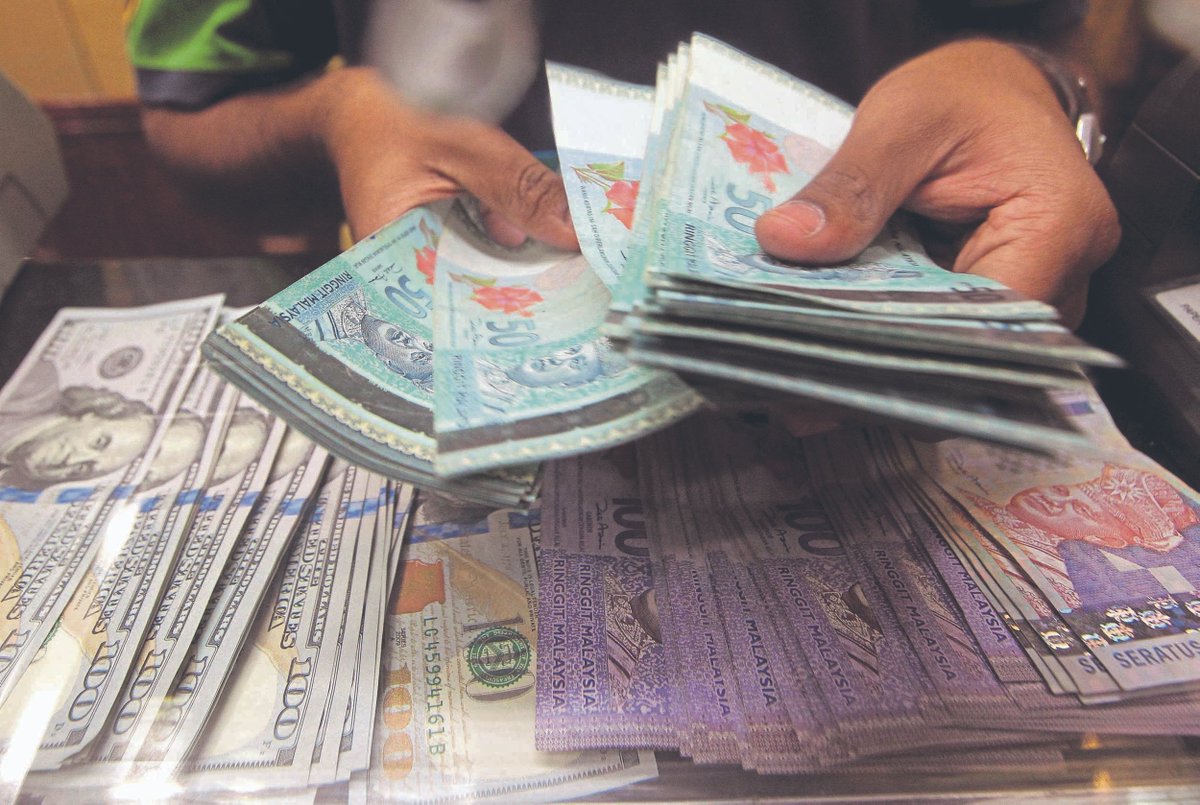A quick check of the numbers suggests that Malaysia’s changes to the MM2H programme are likely costing the country billions of ringgit now and potentially even more in foreign investment in the future.
A link to the complete TEG Media 2022 Expat Survey and its analysis can be found at the end of this article.
It has now been almost five months since the revised Malaysia My Second Home (MM2H) programme was launched with a new set of rules and requirements. The reasonably well-off retirees who had planned to settle here suddenly discovered they no longer qualified because of the far more restrictive conditions, which were aimed at much higher income applicants. Malaysia’s MM2H programme was always slightly tougher to get into than most competitor programmes, many of which were happy to accept applicants with a monthly income closer to US$1,000 a month.
The key expectation was usually to ensure you could support yourself on your foreign-sourced income and thus not burden your host country. Obviously, you can support yourself quite comfortably on RM10,000 a month in Malaysia, which was the previous requirement for the MM2H programme. In fact, it is estimated that around 80% of the Malaysian population live on less than RM10,000 a month – many on far, far less.
However, the current government has taken a different position than previous administrations and has decided they only want people who are earning more than RM40,000 a month, considerably more than nearly all Malaysians. This level of income is out of reach for most retirees, regardless of where they come from. Thousands had previously been attracted to the programme, but that changed overnight.

The few who can qualify often tell us they are not willing to place RM1 million on a fixed deposit, another requirement. Given the low yield on FDs, combined with the fact the Malaysian currency has been depreciating for many years, this is perhaps not surprising. It essentially becomes yet another cost on top of the extremely high increase in immigration fees related to the visa.
Many of the people who previously retired in Malaysia came with a lot of their money. Around 60% invested in homes here, and most purchased one or two cars. So collectively, they brought billions of dollars in foreign currency into Malaysia and at the same time signalled to the world that Malaysia welcomed foreigners.
More and more people work for several companies over their lifetime now, rather than for just one, reducing their eligibility for the generous pensions that were more common long ago. This shift, combined with more companies preferring one-time pay-outs rather than monthly pensions, has unquestionably impacted people’s retirement incomes.
Unlike some country’s programmes, the MM2H visa did not include many benefits. (And one benefit, the tax-free car, was rescinded a few years ago.) People were attracted to the programme because of various factors that collectively were unique to Malaysia, like the widely spoken English, the developed infrastructure, excellent health facilities, relatively low living expenses, and friendly locals.
Now, people with the kind of money that would qualify them for the new programme often decide to stay in a more developed country. The ones who would have come here with their millions in savings no longer qualify, so they are heading elsewhere. Of course, there will always be some people who will apply regardless of the rules, but we predict it will be a very low number.

We suspect there were some people being approved in the past who did not fully meet the requirements, but the vast majority of the visa holders we reach were certainly eligible. They were mostly retirees, and several thousand of them read our print and online media and attend our events, so we have considerable exposure to them.
We also conduct regular surveys, and the responses we gather, among other things, also give us a good understanding of MM2Hers’ economic contribution to Malaysia, as well as their views about the country. In the past, their enthusiasm for the programme was very high, and many told us how they would travel overseas telling anyone who would listen what a great life they enjoyed here.
Now, of course, all that has changed. Our most recent survey, for example, attracted many hundreds of visa holders from 44 countries, and the results certainly reflected this shift.
After originally threatening to impose the new rules on existing programme participants, many people were very distressed and decided to look elsewhere for a place to retire. The Ministry of Tourism had previously promised that any future rule changes would not apply to existing visa holders, so this policy change was a matter of great concern. For some people, it constituted a breach of trust that, despite a reversal of the decision in the face of strong criticism, they say did not repair that breach. While they still feel Malaysia is great place to live, many have lost confidence in the country and are convinced the government is trying to drive them out.
The Minister of Home Affairs stated he was limiting the number of participants in the programme to no more than 1% of Malaysia’s near 33 million-strong population to address “concerns” he had heard about all these foreigners living here. However, even after more than 20 years, the total number of people holding the visa – let alone those actually living here – was nowhere near even 1% of the population, so that was not really ever an issue. It was, therefore, hard to understand why they wanted to make the rules more restrictive. The new rules seemed to doubly ensure they would never get close to the ceiling that had been set.
We have witnessed a major change in our MM2H help desk enquires. Nearly every person who asked for details about the new rules now responds saying they do not qualify. We have been promoting the Sarawak MM2H programme as an option, because it seems that state still warmly welcomes foreigners. The terms and conditions for their visa are very reasonable, and we are now seeing considerable interest in it.

A lot of people have advised us they are thinking about leaving the country and want advice on how to cancel their visa. Most of these people are considering moving to other Asian countries like Thailand or Indonesia or to European destinations like Greece, Spain, or Portugal, which have more attractive visa conditions.
At TEG Media, we have been actively promoting Malaysia and the MM2H programme for many years, so it has been troubling for us to read all this negative feedback. Many expats working here had planned to switch to the MM2H visa on retirement, but now found they no longer qualified – most wouldn’t even come close. As one expat told us, “I have lived and worked here for 20 years before recently retiring. I own a home here, have made many friends, and always planned to retire here. I have been forced to look elsewhere, and fortunately, Thailand has accepted me into their new visa programme.”
In 2018 alone, over 6,000 people were approved for the MM2H visa, so it was clear that despite limited marketing, the programme was attracting a lot of interest and generating related good publicity for Malaysia. Based on the many enquiries we have received and past levels of interest in the programme, it is reasonable to assume there were many thousands of people waiting to apply for the visa once the programme suspension was lifted and borders started opening.
Now, unfortunately, they are not coming, as most people do not qualify or refuse to place such a huge fixed deposit. We are surprised that Malaysia does not want all the money they would have brought in, given the economic damage the country suffered as a result of the pandemic.
Short-term loss of an inflow of foreign revenue is one thing, but our most recent survey reveals the damage being done goes even deeper. Not only has the country lost a lot of foreign investment, but many expats now feel they are no longer valued or appreciated.
Of most concern is that the overwhelming majority now tell us they would no longer recommend Malaysia as place to invest. The treatment they received during the pandemic and the confusion surrounding the new MM2H programme have combined to change their views about the country.
In fact, our latest survey of working expats and MM2H visa holders reveals that overall, only 8% would recommend Malaysia as a place to invest. While this may not have a devastating impact on future foreign direct investment, we think it is an unfortunate development when resident foreigners lose confidence in the country in which they live.

This feeling has been exacerbated by all the reports of arrests for corruption, together with the various high-profile trials, leading expats to agree with many Malaysians that corruption is a serious problem for the country. There is also a feeling among many long-term expats that racial and religious issue are getting worse here, rather than better. Some tell us they feel this situation is made worse by comments made by various politicians and religious leaders. Many are also influenced by similar sentiments expressed by local Malaysians.
We don’t think the situation is beyond the point of no return and believe that things can still be turned around – if those in power still want to engage with the international community, that is. We can only hope that the government will take note of this and can offer some indication that expats are valued and the conclusions they have drawn are misplaced. Our desire is to continue to promote Malaysia – which we feel has so much potential and remains a very attractive place to live – to a global audience.
To read the complete survey, along with a comprehensive analysis
of the results, please CLICK HERE.
"ExpatGo welcomes and encourages comments, input, and divergent opinions. However, we kindly request that you use suitable language in your comments, and refrain from any sort of personal attack, hate speech, or disparaging rhetoric. Comments not in line with this are subject to removal from the site. "





















